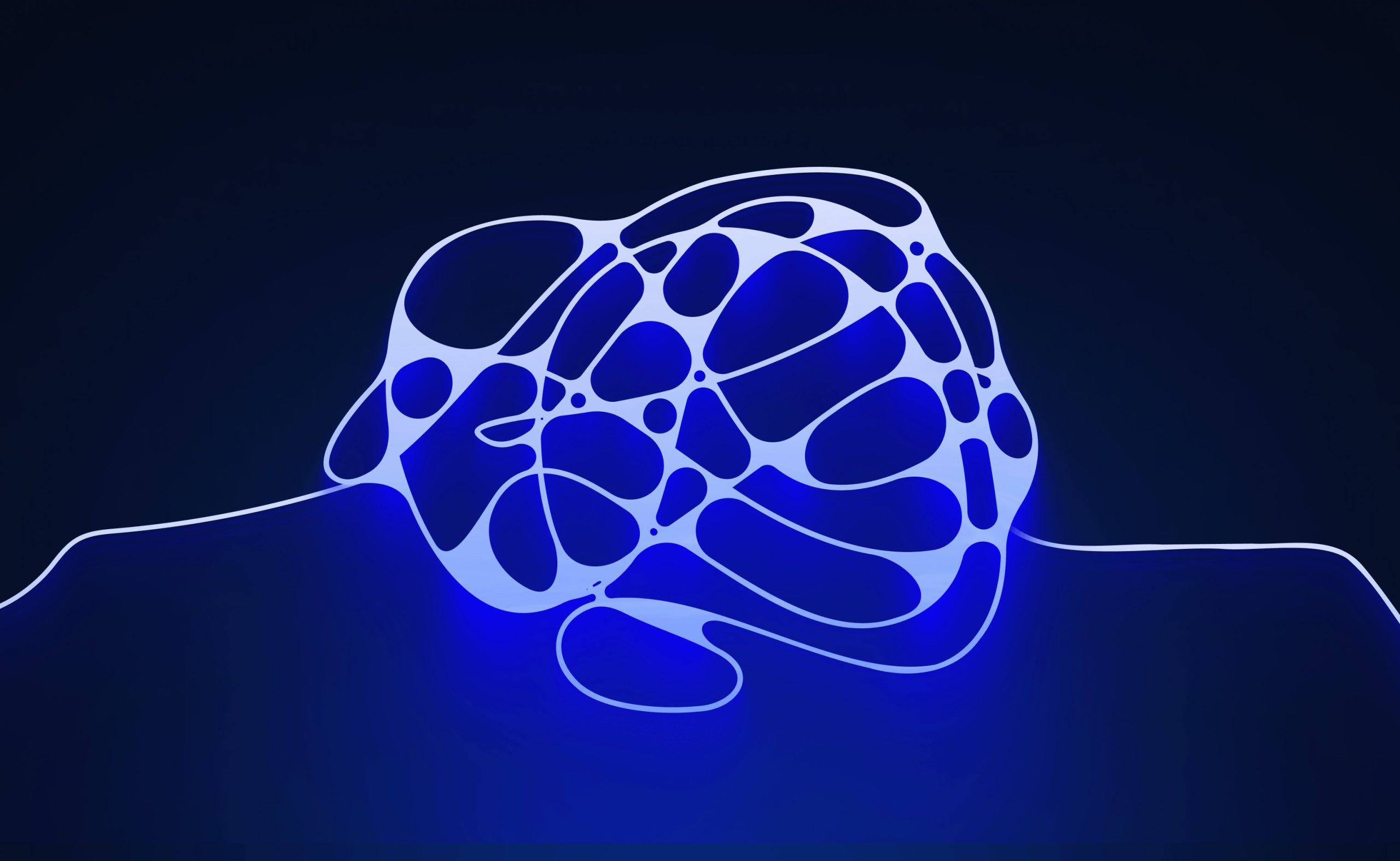In today’s screen-filled world, real human connections matter more than ever. As we rush through busy days, it’s easy to lose touch with friends and family. But keeping these bonds strong is vital for our well-being.
Dr. Robert Waldinger, director of the Harvard Study of Adult Development, provides compelling evidence. This study, spanning over 80 years and following the lives of 724 men, is one of the world’s longest studies on adult life. It’s key finding? Good relationships are the best predictor of health and happiness.
Waldinger’s research reveals surprising insights:
- Social connections are really good for us. Loneliness kills.
- It’s not just the number of friends, but the quality of close relationships that matters.
- Good relationships don’t just protect our bodies; they protect our brains.
People in secure, supportive relationships in their 80s maintained sharper memories compared to those in less satisfying relationships. The study found that relationship satisfaction at age 50 was a better predictor of physical health at 80 than cholesterol levels.
How do we maintain these connections in our fast-paced lives? It starts with small, everyday actions. A quick call, a spontaneous coffee meet-up, or a thoughtful text can bridge the gap when we’re apart. These simple acts remind us of the joy of shared moments.
While often blamed for isolation, technology can actually help us stay close. Video calls and messaging apps let us keep in touch across distances. The key is using these tools to enhance, not replace, real-life connections.
Let’s make an effort to put our relationships first. Reach out to an old friend, plan regular catch-ups, or join a group that shares your interests. Your future self will thank you for the bonds you strengthen today.










